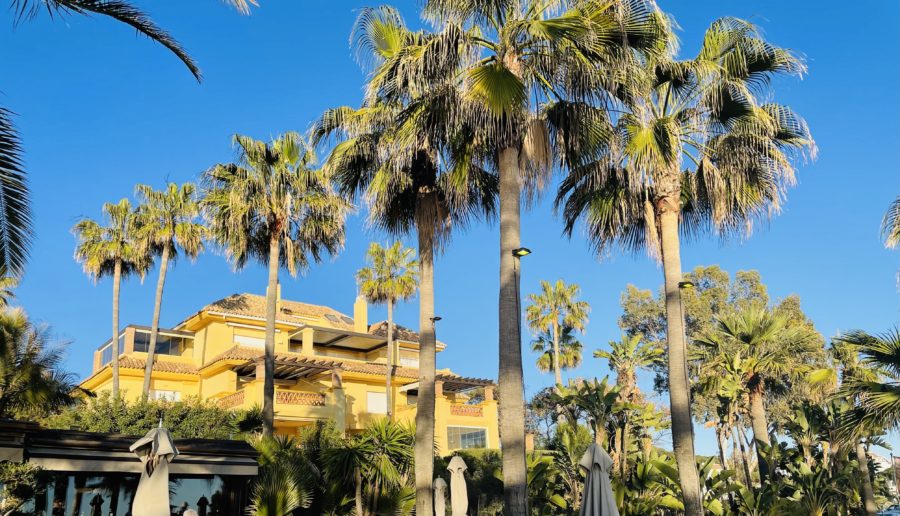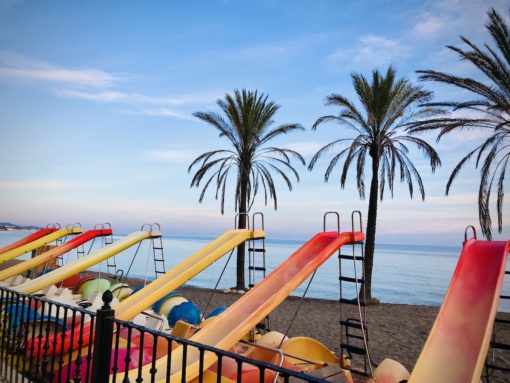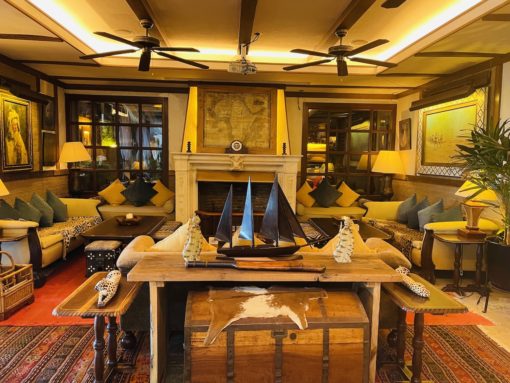
Why Investing In The Right Type Of Property Is Paramount
Amongst all the asset classes, my favourite has been and will always be real estate. No other asset classes come close in terms of variety and regularity of income, return on investment, leverage potential, protection against inflation and tax benefits where it applies. I also love it for the fun factor and learning about the areas where I invest.
I could retire fairly early to a bigger and better lifestyle was due primarily to my forays into real estate. While what is said about investment property is true – location, location, location – there is another aspect that I feel is even more important, ie the type of investment property.
Real estate involves a kaleidoscope of emotions ranging from pride, accomplishment, sense of security, social status, feeling of having ‘arrived’ and allowing fantasy and reality to merge. It is often tied to hopes, dreams and happy memories.
However, letting emotions rule the purchase of an investment property is unwise to say the least, and can lead to huge loss or even bankruptcy at its worse. Let me elaborate with 4 examples that I have personally encountered.
Vacation Homes
Many people get emotionally caught up about a place while on vacation and decide to buy a home there, justifying it as a vacation home for the family. Fresh off-the-press brochures and shiny new showrooms add to the appeal of such emotional purchase and many succumb after clearing the affordability hurdle. The thought of being able to vacation in one’s own home in a slice of paradise somewhere can be very inviting and attractive. The memories of vacation act as the rose-tinted glasses through which the property is assessed.

Such is Marbella in Costa del Sol, Spain. It is the holiday destination of international jet-setters attracted by its year-round nice weather, array of Michelin restaurants offering incredible cuisine and a care-free trendy vibe. It boasts of more than 100 beautifully landscaped golf courses and turquoise waters lapping onto endless stretches of white sandy beaches.
While on a hunt for our second home there, I encountered a foreclosed apartment put up for sale by a bank. The unit was in very bad condition having been thrashed by its evicted owner, who had bought the unit as a vacation home. When the pandemic broke, its owner was unable to keep up with the mortgage and was foreclosed on.
It brought back memories of the US subprime mortgage crisis where foreclosed homes were abandoned in a hurry, with a teddy bear abandoned on the floor, equipment ripped out and holes punched into gypsum board walls. A stark reminder that while real estate investment can make good return, it can also lead to personal devastation.

Luxury Homes
Those who invest in prime area luxury apartments think of renting to expatriates and believe that high-end tenants are resilient and least affected by financial crises. They believe that the eventual appreciation will more than cover the negative cash flow in the short term. Always remember: cashflow is king while appreciation is an uncertainty. The saying that ‘a bird in hand is worth 2 in the bush’ – so true!
A Dutch friend invested in 3 rental villas in Curacao after being swept off her feet by the Caribbean island’s beauty, year-round sunshine, endless retirees pouring from cruise ships and the relatively lower property prices compared to the Netherlands.
The island was badly affected by Covid lockdown with tourist arrival down to 265,000 in 2021 compared to 463,683 in pre-pandemic 2019. While both tourism sector and property prices are slowly recovering, it will take a while to reach pre-pandemic level. Meanwhile carrying costs for the 3 villas have been a dead weight on their shoulders the past 2 years.

3. AirBnB
Then there are investors who buy into properties purely for AirBnB rental, which can be a good income stream under the right circumstances. However, this segment is susceptible to legislative control and community sentiment towards short-term letting. These are factors that can thwart one’s plans, regardless now attractive R.O.I can be.
In Amsterdam, owners and investors were making good money collecting rental income by listing their units on AirBnB. But that all changed when the left-wing city council decided to ban AirBnB rentals in 3 canal districts popular with tourists. In other areas across the Netherlands, AirBnB rentals are allowed for a maximum of 30 days per year and licences are required. Such tough action came about as AirBnB letting was limiting housing supply to students, residents and expatriates, driving up property and rental prices and sometimes being a nuisance to the community.
Investors were caught off guard and many of the units do not have enough points to qualify for free-sector rental, which subject the units to rent control for regular leases. Imagine having to choose between negative cashflow for long-term lease or to dispose of the units since the investment is no longer palatable.
The lesson here is to make sure investment units can serve more than 1 purpose should legislation turn against the initial objective. This provides more room for manoeuvre and act as a safety net.
4. Land Banking
While the premise of land banking can be very attractive and lucrative, it remains a highly speculative and risky investment. Essentially, land banking is the purchase of undeveloped land and holding out until licences or permits are secured for residential, commercial, industrial or other approved development.
Holding costs tend to be low since not much maintenance is required for unbuilt plots. However, holding period are often long, 10 to 20 years or longer. And not all plots can be sold for profits later and there can be legislative changes which could adversely affect plot usage.
Throughout holding period, no rental income or other cashflow will be earned, which makes for a poor investment. Even if the plot eventually sells for a profit, the opportunity cost of investing the funds over the years should be taken into account. Caveat emptor!
As with most investments, bland is grand. Investing is complicated enough, so keeping things basic and simple is key. The bulk of our investment property are bread-and-butter units catering to regular Joe’s that are proven to withstand the test of economic down cycles. Even in the worst of times, Joe will still need a roof over his head. The one unit we own that has been rented to expatriates was initially purchased for own use and was let out when we decided to move to Asia.

Real estate, unlike other asset classes, can really evoke a lot of emotions. And we are creatures of emotions after all so it is pertinent to not let our heart overrule our head. Having said that, my husband and I can really feel our heartstrings being pulled by the offering of property in the Costa del Sol, complete with spectacular ocean/golf course views, lush gardens and inviting pools, gym and yes, even a nice living space too 🙂
As this would be our 2nd home and not for investment, we have decided to allow our hearts rule this time round. For life is also about happiness…as long as happiness is built on solid foundation.
Out for house-hunting!
Savvy Maverick
Disclaimer: The views expressed here are drawn from my own experience and do not constitute financial advise in any way whatsoever. Nothing published here constitutes an investment recommendation, nor should any data or content be relied upon for any investment activities. It is strongly recommended that independent and thorough research is undertaken before making any financial decisions, including consulting a qualified professional.

2 thoughts
Thanks for your blog, nice to read. Do not stop.
Thanks for reading, Mark. Comments like yours will definitely keep me writing.
Cheers,
Savvy